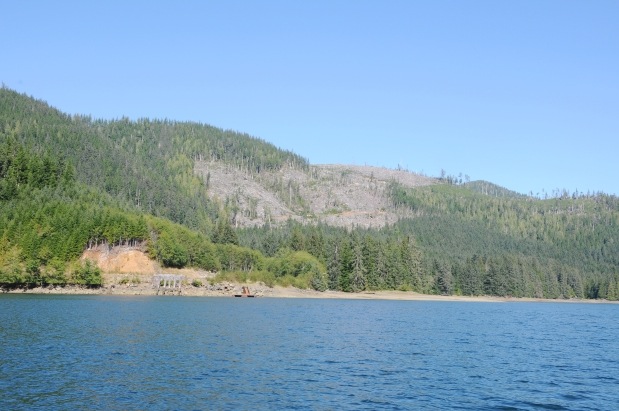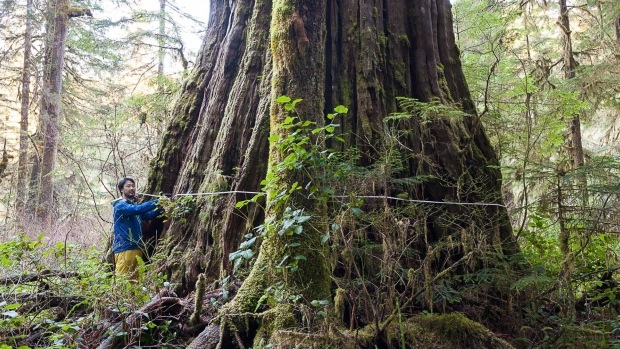
B.C. forestry watchdog finds timber companies have too much power
The board’s findings drew immediate support from the environmental community and those individuals who have fought against the province’s inability to stop controversial logging practices.
“Logging companies have free rein over everything,” said Dan Gerak, owner of Pitt River Lodge, who is fighting to stop the Teal Jones Group from logging his tourist viewscapes and the rainforest habitat of some of the last few grizzlies in southwest B.C.
“Somebody has to get control of these logging companies. They have way too much power.”

In terms of emissions, logging the Walbran makes no sense
Here's a new article by the AFA's Ken Wu in Focus Magazine about the impacts of old-growth logging on climate change. In particular, it debunks the false notion that logging old-growth forests and replacing them with younger second-growth tree plantations benefits the climate. Scientific research shows that BC's coastal old-growth forests store two times more carbon per hectare than the ensuing second-growth tree plantations that they're being replaced with - and that the second-growth plantations are simply trying to re-sequester or re-absorb the carbon that is lost into the atmosphere after logging the original old-growth forests. However, it'll take 200 years to resequester the released old-growth carbon, which will never happen under the 30 to 80 year rotation ages in coastal BC when our second-growth stands are slated to be relogged. Thus, there is a major net release of carbon - about 50% - when converting old-growth forests into second-growth stands. You can read the article online at: https://focusonline.ca/?q=node/979

